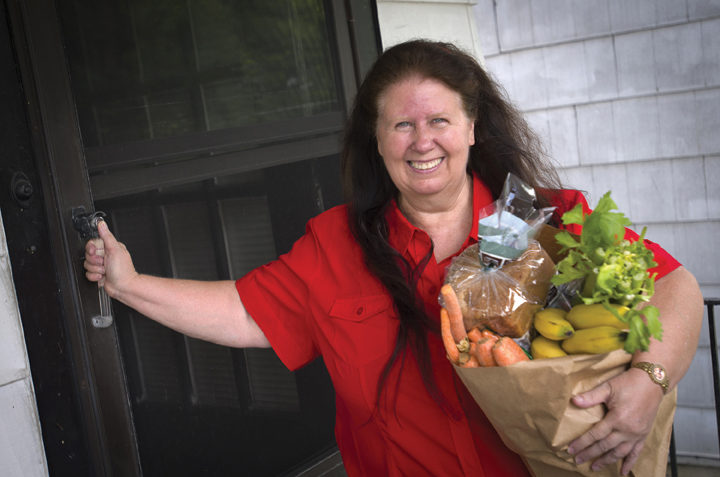Forming new healthy habits are hard for everyone. It is particularly difficult for patients with chronic health conditions living in challenging environments. Is it possible for nutrition counseling to lead to behavioral change in order to treat health conditions related to poor nutrition? That’s the goal of a bi3 grant to the Good Samaritan Free Health Center. And, initial results are promising.
More than 1,100 nutrition appointments for Center patients have been completed, resulting in improved nutrition knowledge, confidence in the ability to choose healthy food and drinks, and improved healthy eating behaviors. Those improvements have real health impacts for patients like Robert*.
Robert has type 2 diabetes and chooses to manage his disease with diet and exercise rather than medications. He works full-time and also cares for several children and his elderly mother. Robert has had multiple ‘ups and downs’ in his diabetes management, but has continued to follow up with nutrition counseling. In subsequent months, Robert recorded significant improvement. From last May to November, he intentionally lost 12 pounds and lowered his A1C, a measure of blood sugar levels, from 9.6% to 6.8% (less than 7% is the goal for diabetes).
Two-Year bi3 Grant
In 2016, bi3 awarded a $151,680 two-year grant to the Good Samaritan Free Health Center. The Center provides primary, specialty, and dental care, as well as support services, to uninsured adults in Hamilton County. Care is provided primarily by volunteer physicians, supported by a small staff. There is no billing for services. The grant from bi3 supports the addition of a registered dietitian to the Center’s behavioral health program. The goal of the project is to improve access to nutrition counseling and improve outcomes of Free Health Center patients who have health diagnoses, complications, and conditions related to poor nutrition.
The most common diagnoses of patients referred to nutrition counseling are diabetes, prediabetes, hyperlipidemia, overweight/obesity, and hypertension. Eating habits have a major impact on the management of each of these chronic diseases. During nutrition counseling sessions, patients learn how foods affect their specific disease state and goals are set for healthier eating.
In the grant’s first year, positive results included:
- Completion more than 1,100 nutrition appointments for 395 patients
- 46% of patients attended three or more nutrition appointments
- Of the patients attending three or more nutrition appointments:
- 56% reported improved nutrition knowledge
- 64% reported improved confidence in their ability to choose healthy food and drinks
- 80% reported improved healthy eating behavior
Diabetes Affects Most Patients
The most prevalent diagnoses for patients in the program are diabetes and prediabetes. Combined, these patients account for 59% of individuals seen for nutrition counseling. In response, the Free Health Center developed a comprehensive diabetes management program, called Trifecta. Trifecta patients receive nutrition counseling, behavioral counseling with a licensed social worker, and medication counseling with a pharmacist in a single appointment.
This comprehensive model offers patients more holistic care compared to medical treatment alone. The program is still in its pilot phase, but positive results have already being achieved.
How Trifecta Helped Emily
Emily’s* first nutrition counseling appointment was in May 2017. She was overweight and had elevated liver enzymes due to a fatty liver. Emily continued to follow up with nutrition counseling, and by her third visit in September she had lost 35 pounds through diet changes. Her liver enzymes decreased to a healthy level.
Next Steps
It’s clear that the availability of nutrition counseling at the Free Health Center has enhanced patient care. Empowering patients with knowledge, tools and motivation to make lifestyle changes is showing results in managing chronic diseases.
The Center is continuing its work in 2018 to further develop and evaluate the nutrition program. Importantly, it also is evaluating how that work will continue into the future once the bi3 grant is completed.
*Alias used to protect patient privacy.




